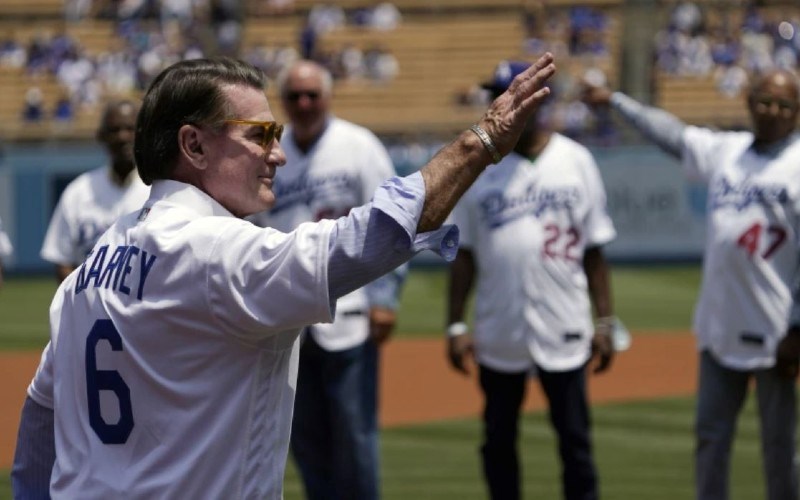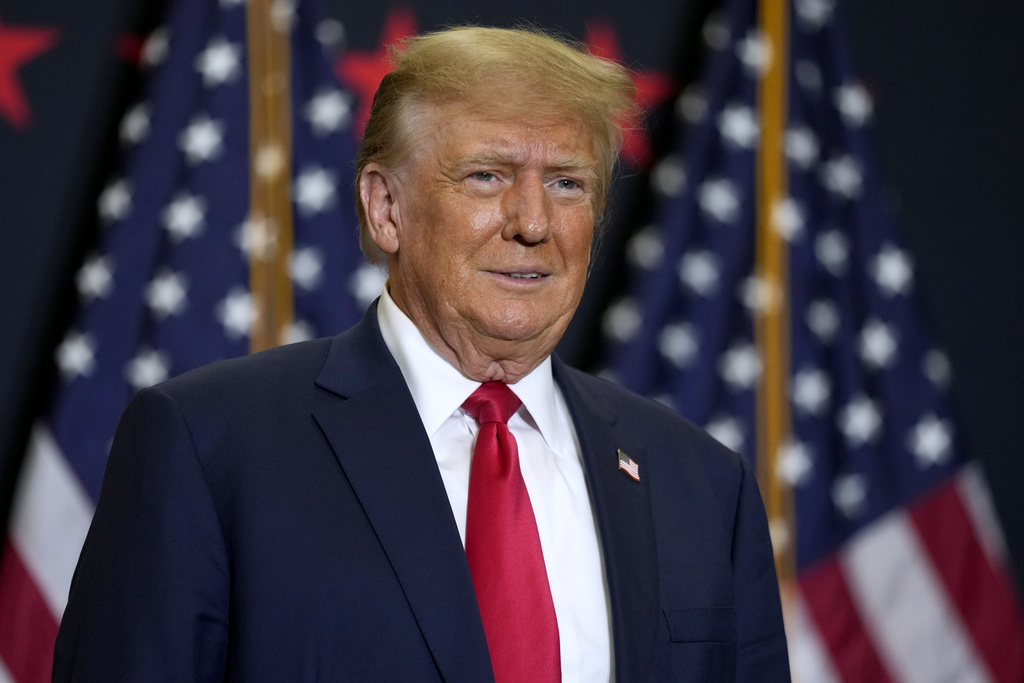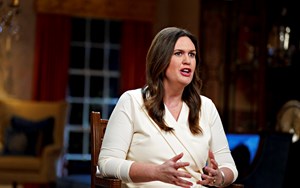In the 1970s and early '80s, Steve Garvey wore Los Angeles Dodger blue as a star first baseman. Now the 75-year-old is wearing Republican red and trying to win the late Dianne Feinstein's (D) U.S. Senate seat in California.
To make it to the November election, he will have to finish at least second in Tuesday's "jungle" primary, where voters can vote for a candidate from either party. And with three Democrats on the ballot, Garvey has a shot.
A recent Emerson College /Inside California Politics/The Hill California survey has him polling at 20%, trailing only Adam Schiff, who has 28% support. Democrat Katie Porter is third with 17%, and Democratic Rep. Barbara Lee is in last with 8%.
17% are undecided.
Craig Huey, a conservative activist and author who was born in California and involved in the state's politics for over 30 years, says Garvey is shaking things up.

"To everyone's shock, Democrats and Republicans, the magic of Steve Garvey's name resonated in such a way that shot him to second place in the polls," he tells AFN. "The last most recent poll that just came out just was disturbing to the Democrat candidates."
He says the big question is how many independents and Republicans will vote on Super Tuesday.
"If the Republicans go out and vote, then he probably will be number two, and I'm expecting him to be number two," Huey notes. "If the Republicans and the independents stay home and don't vote in the primary, and only the radical Left Democrats go out and vote, then Katie Porter is going to get number two."
When accounting for which candidate undecided voters lean toward, Emerson College notes that Schiff's support increases to 32%, Garvey's to 22%, Porter's to 20%, and Lee's to 11%.
The economy is the top issue for 25% of voters, followed by housing affordability (15%), immigration (12%), healthcare (10%), crime (9%), threats to democracy (8%), and education (7%).







